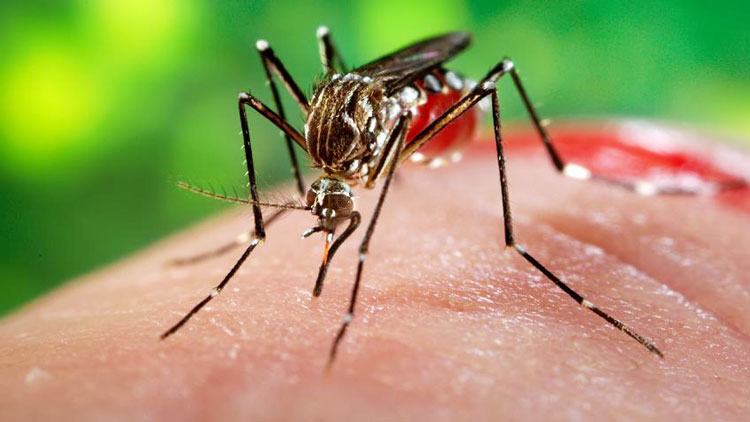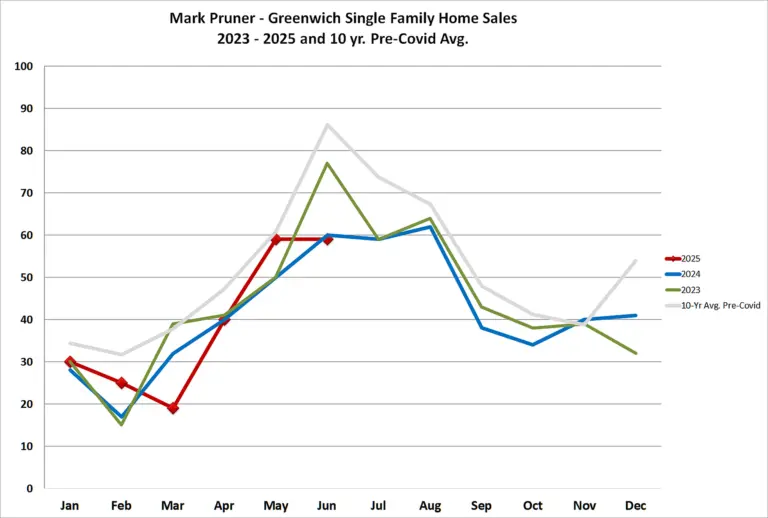
Mosquito breeding season is over and the overall number of mosquitoes continues to decrease. Although the risk of transmission of mosquito-borne diseases is low, it is not at a zero level. As a result, Greenwich residents should continue to take precautionary measures when outdoors to avoid mosquito bites. Mosquito activity is lessened when temperatures fall below 50 ̊F in the evening. However, mosquito activity will not cease completely until the first local hard frost which will kill most of the remaining adult mosquitoes. A hard or killing frost is defined by meteorologists as two consecutive hours of temperatures below 28 ̊F or three hours below 32 ̊F. This will occur at different times for different communities.
So far, West Nile Virus (WNV) has been isolated from mosquitoes in twenty-seven (27) towns including Greenwich. Only one (1) human case has been identified in Connecticut this year ((Danbury). The Eastern Equine Encephalitis (EEE) virus has not been isolated from mosquitoes in Greenwich, however twenty-two (22) towns in Connecticut, including Stamford and Darien have isolated EEE from mosquitoes. There have been four (4) human cases of EEE including three fatalities all occurring in the southeastern part of Connecticut.
According to the State Department of Public Health, the Connecticut Agriculture Experiment Station (CAES) will continue to closely monitor the situation throughout the state by trapping and testing mosquitoes for WNV and EEE until the first killing frost.
To reduce the risk of being bitten by mosquitoes Greenwich residents should:
- Minimize time spent outdoors between dusk and dawn when mosquitoes are most active.
- Be sure door and window screens are tight-fitting and in good repair.
- Wear shoes, socks, long pants and a long-sleeved shirt when outdoors for long periods of time or when mosquitoes are more active. Clothing should be light colored and made of tightly woven materials that keep mosquitoes away from the skin.
- Use mosquito netting when sleeping outdoors or in an unscreened structure and to protect small babies when outdoors.
- Consider the use of mosquito repellent and use according to manufacturer’s directions, when necessary outdoors.
For more information on West Nile Virus, Eastern Equine Encephalitis or mosquito prevention visit the Connecticut Mosquito Management Program website at portal.ct.gov/mosquito





